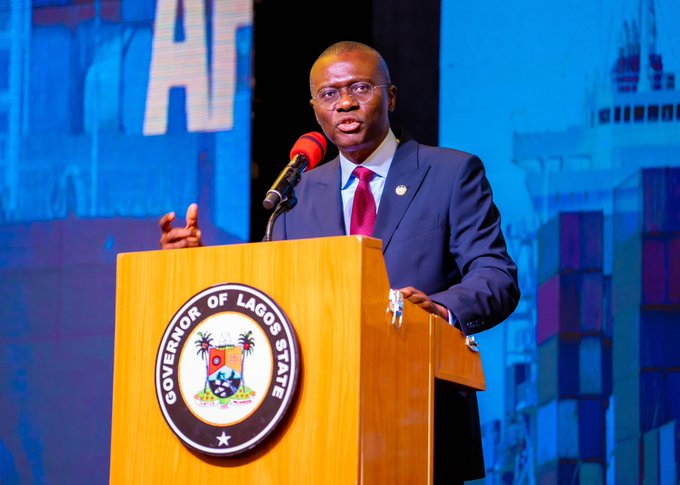The Federal Inland Revenue Service (FIRS) has revealed staggering figures about Nigeria’s Value Added Tax (VAT) revenue for August 2024.
Lagos State, the nation’s commercial nerve center, generated an astounding N249.77 billion in VAT, accounting for over 56% of the national total.
This figure is greater than the combined contributions of 35 other states and the Federal Capital Territory (FCT), cementing Lagos as the country’s dominant economic powerhouse.
Nationwide VAT revenue for August reached N444.19 billion, showcasing Lagos’s unparalleled impact on the country’s financial landscape.
In sharp contrast, Rivers State, which ranked second, contributed a distant N70.54 billion, while Oyo State generated N20.11 billion.
The Federal Capital Territory (FCT) and Delta State followed with N18.17 billion and N13.09 billion, respectively.
At the lower end of the spectrum, Zamfara State recorded just N432.80 million, and Imo State trailed with a mere N235.41 million.
Experts describe Lagos’s VAT dominance as a testament to its thriving business environment, bustling population, and diversified economy.
“Lagos is Nigeria’s heartbeat when it comes to commerce and industry,” said Dr. Yemi Olufemi, a tax analyst. “Its VAT contribution underscores its role as the economic pillar of the country.”
VAT, a 7.5% tax applied to goods and services, is collected at the point of sale by businesses and remitted monthly to the FIRS.
The revenue is then shared among the federal, state, and local governments, making it a critical funding source for public projects and development.
The stark disparity between Lagos and other states highlights the uneven economic development across Nigeria.
While Lagos alone generated more than N249 billion, the combined VAT from states like Abia, Kebbi, Zamfara, and Imo barely surpassed N2 billion.
Economic experts say this gap reflects underlying challenges such as poor infrastructure, limited industrial activities, and a lack of investment in many states.
“Some states simply lack the industries and consumer markets needed to generate substantial VAT revenue,” said financial consultant Tunde Ayodeji.
A breakdown of the VAT generated in August paints a vivid picture of Nigeria’s economic disparities.
Kano State, the largest commercial center in northern Nigeria, generated only N4.65 billion, despite its size and strategic importance.
Bayelsa State, one of Nigeria’s oil-producing regions, contributed N7.12 billion, far less than Lagos despite its resource wealth.
Even Akwa Ibom, another oil-rich state, generated just N4.49 billion, barely 2% of Lagos’s total.
On the other hand, middle-ranking states like Ekiti (N3.66 billion), Borno (N3 billion), and Kwara (N2.89 billion) showcased moderate contributions.
The glaring disparities in VAT revenue have sparked calls for reforms aimed at diversifying the economies of underperforming states.
Tax experts argue that states must focus on boosting their internal revenue generation capabilities through improved infrastructure and policies that attract investment.

